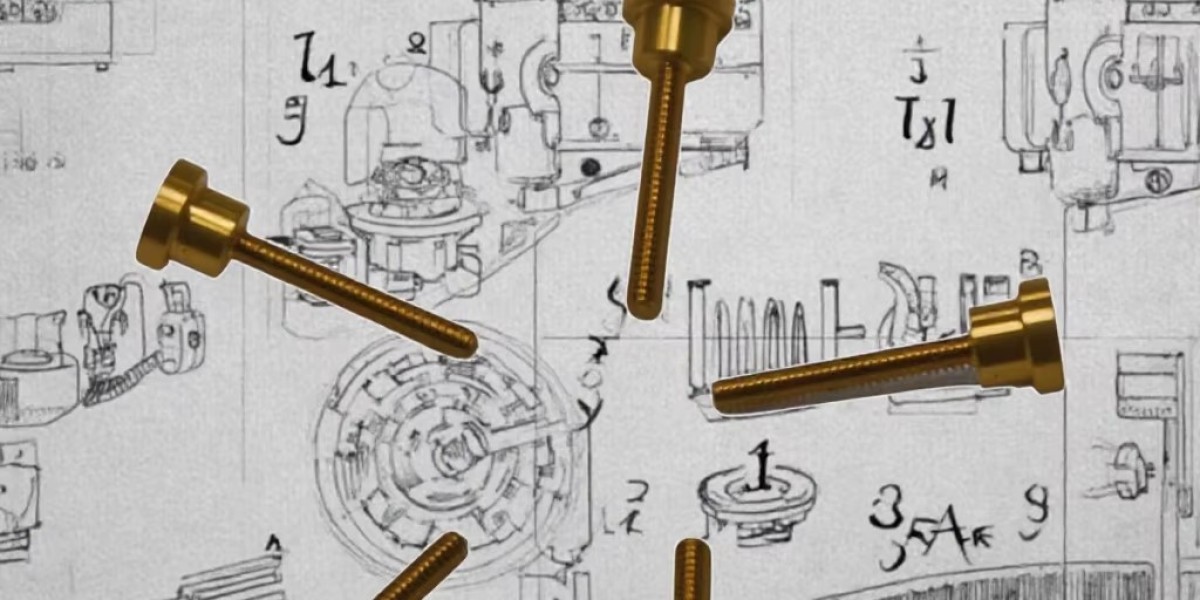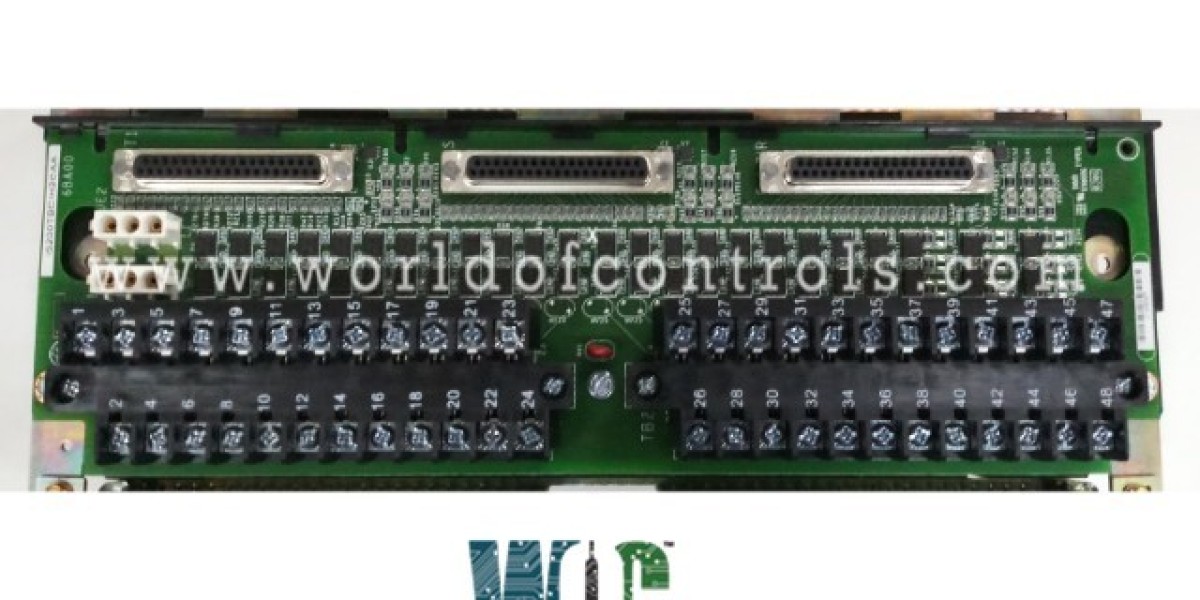In today’s fast-paced manufacturing landscape, precision and efficiency are paramount. CNC milling has emerged as the backbone of precision parts production, offering unparalleled accuracy and versatility that traditional machining methods simply cannot match. This advanced technology utilizes computer-controlled machines to create intricate parts with exceptional precision, making it a preferred choice for industries ranging from aerospace to automotive. As we delve deeper into the advantages of CNC milling, we will uncover why it stands out as a crucial component in modern manufacturing processes.
The Advantages of CNC Milling
CNC milling offers a myriad of advantages that make it an essential process for producing high-quality parts. Firstly, its precision is unmatched; CNC machines can achieve tolerances of up to ±0.001 inches, ensuring that every part meets stringent specifications. This level of accuracy is critical in industries where even the slightest deviation can lead to significant complications. Furthermore, CNC milling allows for the production of complex geometries that would be impossible or prohibitively expensive to achieve with manual machining techniques. This capability not only enhances design flexibility but also reduces material waste, making the process more cost-effective.
Efficiency and Speed in Production
Another significant benefit of CNC milling is its efficiency. Unlike traditional machining, which often involves lengthy setups and manual adjustments, CNC machines can operate continuously with minimal human intervention. This automation leads to faster production times and higher output rates, enabling manufacturers to meet tight deadlines without compromising quality. Additionally, CNC milling can be easily programmed to switch between different tasks, allowing for rapid prototyping and small batch production without extensive downtime. This adaptability is particularly valuable in today’s market, where customization and quick turnaround times are increasingly demanded by customers.
Material Versatility and Application
CNC milling is not only about precision and speed; it also offers remarkable versatility in terms of materials. From metals like aluminum and stainless steel to plastics and composites, CNC milling can handle a wide range of materials, making it suitable for various applications. This adaptability is crucial for industries such as aerospace, where parts must be lightweight yet durable, and medical devices, which require biocompatible materials. The ability to work with diverse materials allows manufacturers to innovate and create products that meet specific industry standards and customer needs.
Cost-Effectiveness and Long-Term Value
Investing in CNC milling technology can lead to significant long-term cost savings. While the initial investment in CNC machinery may be higher than traditional methods, the reduction in labor costs, material waste, and production time quickly offsets this expense. Furthermore, the durability and reliability of CNC machines mean they require less maintenance and have a longer lifespan, further enhancing their cost-effectiveness. For businesses looking to optimize their production processes and improve their bottom line, CNC milling represents a strategic investment in quality and efficiency.
Conclusion
In conclusion, CNC milling is undeniably the backbone of precision parts production, offering unmatched accuracy, efficiency, and versatility. Its ability to produce complex geometries from a variety of materials makes it an indispensable tool for modern manufacturers. By investing in CNC milling technology, companies can not only enhance their production capabilities but also achieve significant cost savings and long-term value. As industries continue to evolve, CNC milling will remain at the forefront, driving innovation and ensuring that manufacturers can meet the ever-growing demands of the global market.








